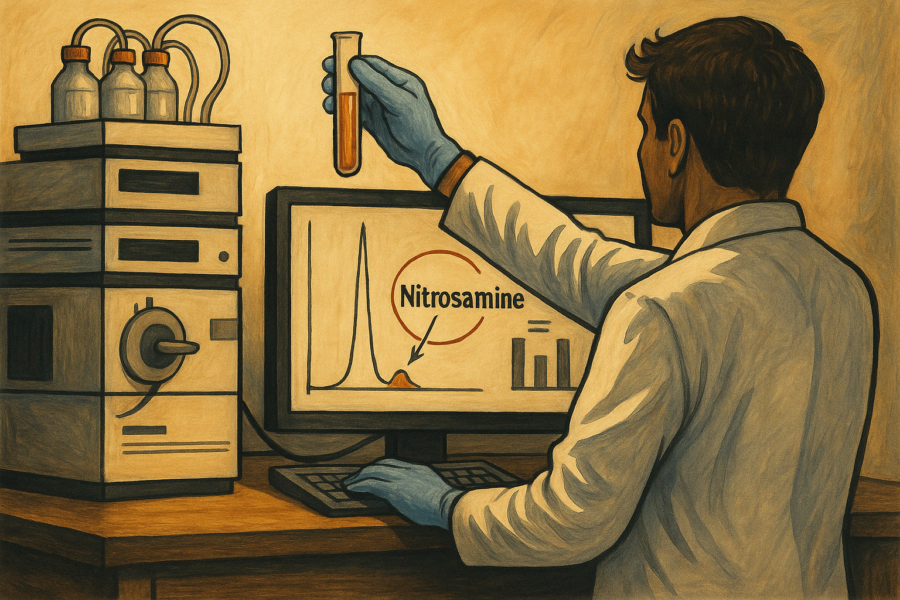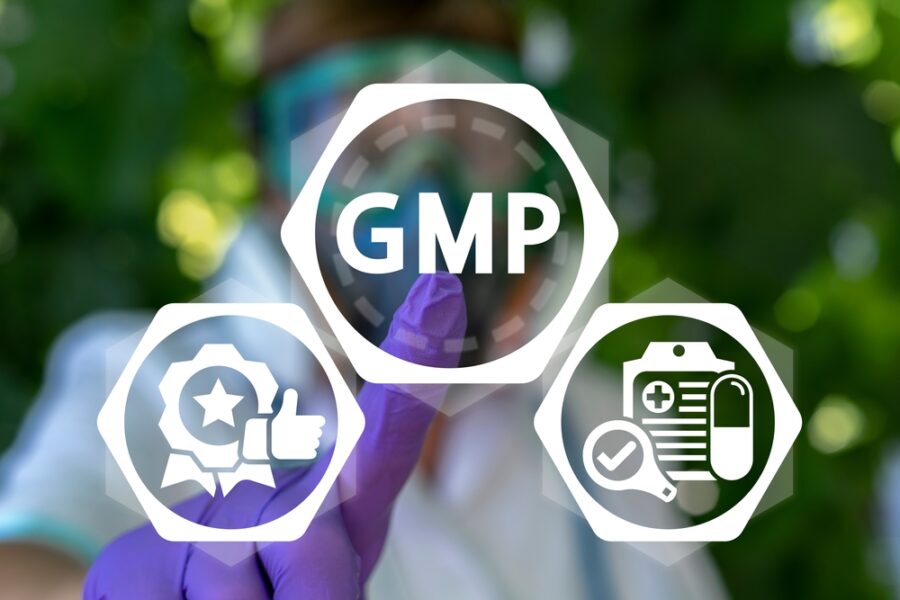Burgeoning Data
The amount of data generated daily has grown exponentially in recent history. According to an article by Fabio Duarte, almost 329 million terabytes of data are generated each day, totaling 120 zettabytes annually (1 zettabyte = 1,000,000,000,000,000,000,000 bytes). Sensors on manufacturing equipment generate data based on current conditions and equipment performance. IoT devices can process this data to make immediate adjustments for optimal performance, quality, and regulatory compliance. Processing this “big data” efficiently can be a major source of competitive advantage for pharma companies.
Big Data Analytics
Aggregated data generated by equipment-bound sensors can differ from the data found in traditional datasets and processed by analytical methods. Traditional analysis focuses on static data and historical trends but is less effective with high-volume, real-time data. Data veracity is vital to transforming data into usable information; big datasets have a huge pool of data to offset outliers and reduce human error during analysis. Big data frameworks like open-sourced Hadoop and others offer companies an opportunity to create value with this additional data.
Big Data Meets Big Pharma
How does all this data translate to value for pharma? Pharmaceutical companies can leverage Big Data to accelerate drug discovery, enhance clinical trials, optimize chemical processes, and put the “personal” in personalized medicine. The accumulation of big datasets allows for deep analysis of whole genome sequences, enabling researchers to identify genetic mutations and pinpoint specific genes that can be targeted for therapy. This directly creates personalization of care. The kinds of insights that can only be drawn using the statistical power of big datasets empower clinicians to choose medications and dosages that will be most effective for the communities and individuals they serve. If that sounds a bit over-reaching, here are some real-world examples:
Big Data on the Street
Biomarkers need to be found to improve disease detection and prognosis, but how do we find them? Mining big data for genetic clues is the answer. Illumina is one company focused on sequencing, with applications including clinical diagnostics and scalable solutions to implement personalized medicine. This paradigm is a two-way street: data analytics can also be used predictively. Researchers can contrast a patient’s genetic data against large datasets to predict how patients will respond to various gene therapies, make real-time adjustments, and improve treatment plans. These have been particularly of interest in cancer treatments. Tempus uses a combination of genomic profiling and advanced algorithms to match patients with personalized oncology solutions. Komodo Health is another company using data-based solutions. They are expanding data partnerships to include specialists in genomics and oncology, and offer a “360-view” of patient care. MyPhenome is a genetic test by Acosta that can predict a patient’s responsiveness to popular weight-loss drugs such as Wegovy. This test looks for 6,000 variants of about two dozen genes linked to obesity and identifies different categories of weight gain a person may fall into.
Adapsyn Bioscience Inc is one company using big data to identify and innovate new patents in the drug discovery process. Using their proprietary platform, they can analyze big data to analyze massive amounts of information to identify promising novel molecules for further development.
References:
Duarte, F. (2023, December 13). Amount of Data Created Daily (2024). Exploding Topics. https://explodingtopics.com/blog/data-generated-per-day
Zitter, L. (2022, November 23). What are the 5 V’s of Big Data? Technology Advice. https://technologyadvice.com/blog/information-technology/the-four-vs-of-big-data/
Seagate. (2020, July 15). Seagate’s ‘Rethink Data’ Report Reveals That 68% of Data Available To Businesses Goes Unleveraged. Seagate Technologies. https://www.seagate.com/news/news-archive/seagates-rethink-data-report-reveals-that-68-percent-of-data-available-to-businesses-goes-unleveraged-pr-master/
Cirillo, D. and Valencia, A. (2019, August 19). Big data analytics for personalized medicine. Current Opinion in Biotechnology. https://www.sciencedirect.com/science/article/pii/S0958166918301903
GlobalData. (2024, February 20). Big data in the pharmaceutical industry: analyzing innovation, investment and hiring trends. Pharmaceutical Technology. https://www.pharmaceutical-technology.com/data-insights/big-data-in-pharma/
Gliadkovskaya, A. (May 20, 2024). Komodo Health locks in new specialty data partners to drive health economics and outcomes research. https://www.fiercehealthcare.com/ai-and-machine-learning/komodo-health-locks-new-specialty-data-partners-genomics-oncology
Park, A. (May 20, 2024). A New Test Predicts Who Will Benefit Most From Weight-Loss Drugs. https://time.com/6979498/will-weight-loss-drugs-work-for-me/





